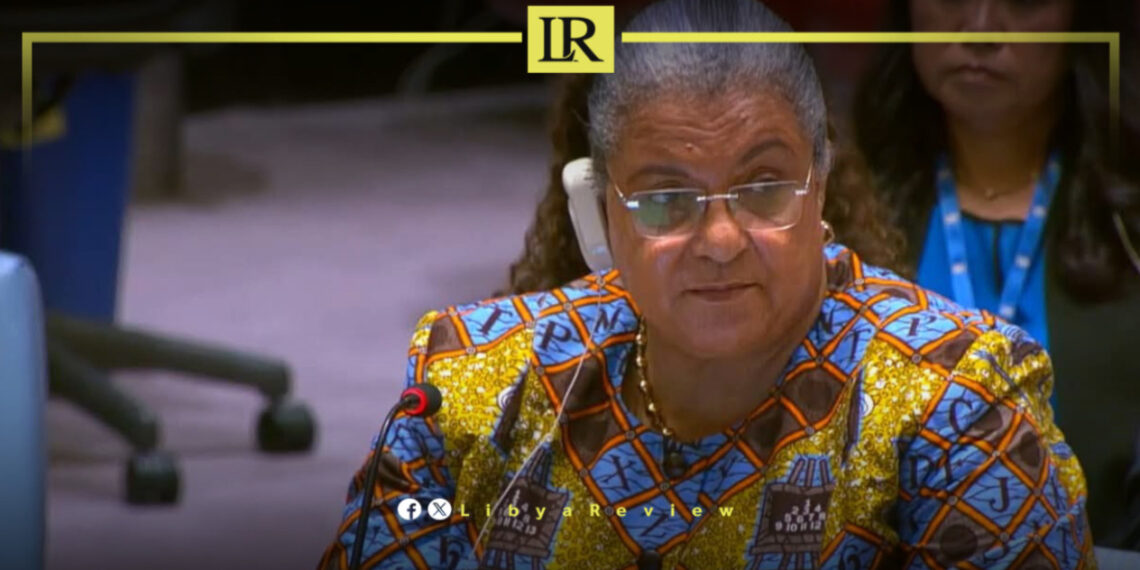The UN Special Representative for Libya, Hanaa Tetteh, has laid out a new roadmap aimed at breaking the country’s prolonged political stalemate and moving toward lasting stability.
In her briefing to the UN Security Council on Thursday, Tetteh said that the roadmap is built on three essential pillars: establishing a credible electoral framework, forming a unified national government, and launching a structured dialogue that includes broad participation from across Libyan society.
The proposal envisions an implementation timeline of 12 to 18 months, designed to avoid the setbacks that derailed elections in 2021.
The first steps, according to Tetteh, will focus on strengthening the High National Election Commission, including filling leadership gaps, and addressing unresolved legal and political disputes that prevented past elections. Once progress is achieved, efforts will shift to forming a new unified government mandated to lead the country toward elections and national reconciliation.
Equally critical, she stressed, is ensuring that the roadmap does not remain an elite-driven exercise. A structured dialogue involving youth, women, civil society, and marginalized groups must run parallel to the political process, enabling Libyans to shape long-term priorities and address the root causes of conflict.
The UN Envoy revealed that 22,500 Libyans participated in consultations conducted by the UN, with most voicing frustration at the entrenched institutions and demanding renewed legitimacy through elections. While acknowledging the weakness and lack of credibility of Libya’s current bodies, she argued that engagement with them remains unavoidable until new institutions are elected.
She cautioned that the roadmap will face serious obstacles, including potential spoilers, but urged Security Council members to stand united and ready to hold obstructive actors accountable. “Libyans are weary of endless transitions,” she warned, emphasizing that the roadmap offers a real opportunity to restore legitimacy and stability.
The roadmap, if endorsed, could provide Libya with a long-awaited framework to end political fragmentation, restore legitimacy through elections, and lay the foundation for rebuilding state institutions after more than a decade of turmoil.


